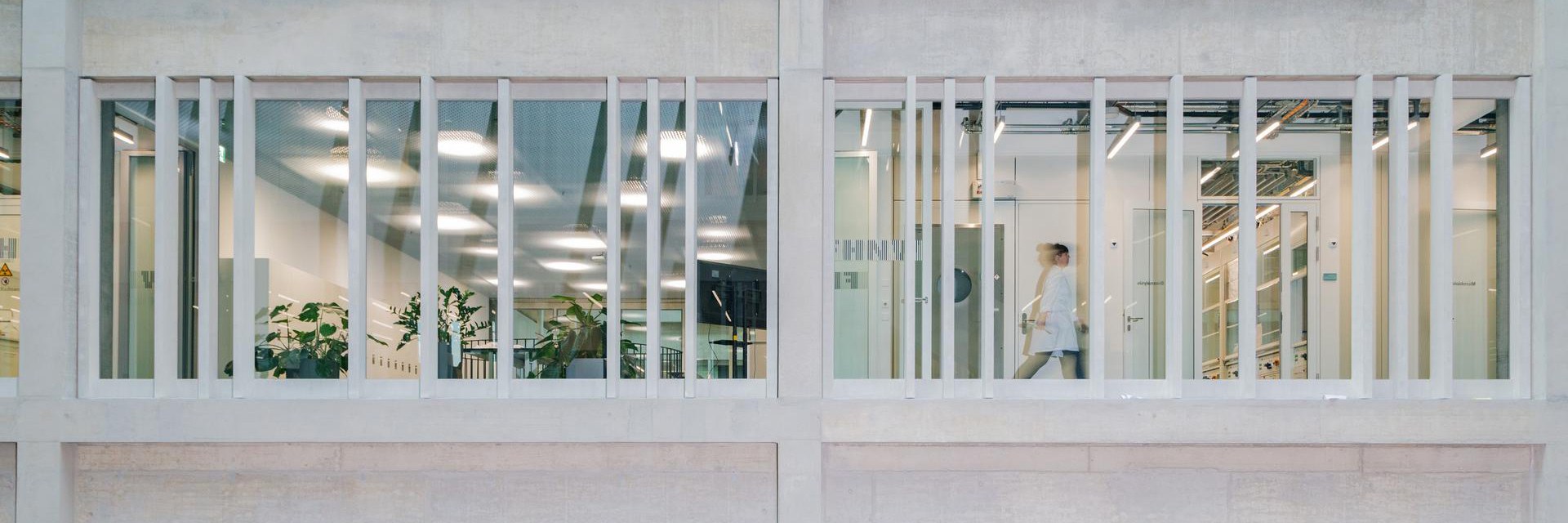
3.8.2022 | Hochschule für Life Sciences
Fighting infectious diseases using artificial intelligence
Dr Eriberto Natali has been working in Enkelejda Miho's research team at the FHNW School of Life Sciences for three years; he is using artificial intelligence to search for antibodies that protect against dengue virus.
The team sequenced B cell repertoires from mice that had been immunised against the dengue virus; the B cell repertoire provides the blueprint of the antibodies the team are looking for.
Via high-throughput sequencing they obtained several million gene sequences from each mouse. "With supercomputing, we can use deep learning to recognise patterns in these huge amounts of data. The aim is to recognise the antibodies that have been elicited in response to immunisation, applying network theory and using machine learning algorithms" says Eriberto.

Dr. Eriberto Natali
Rarely occurring antibodies can be particularly good at protecting against dengue, so the machine learning models are programmed to learn patterns in the sequencing data that are invisible to the human eye and identify rare, strong, neutralizing antibodies. When the computer has found an antibody that could be effective against dengue, it is tested in the laboratory. If the result is positive, the antibody can be used to develop a treatment.
"The advantage of this method is that we can skip the typical laboratory-intensive drug discovery screening steps; artificial intelligence leads us towards the identification of successful candidates and therefore helps us make faster progress in the search for suitable antibodies" says Eriberto. Usually, you look for the successful antibody by obtaining many B cells and testing each one individually, which is a huge time and cost commitment. Especially in these times, when pandemics are in the news, this research method is enormously important. With artificial intelligence and machine learning, we could also react faster to those pandemics" he says. In future the goal is to apply the research pipeline to other infectious diseases.
Eriberto graduated from the University of Florence with a BSc in Biological Sciences and an MSc in Biology. He obtained a PhD in immunology at GSK Vaccines in Siena and has been working in the field of antibody research for six years.
